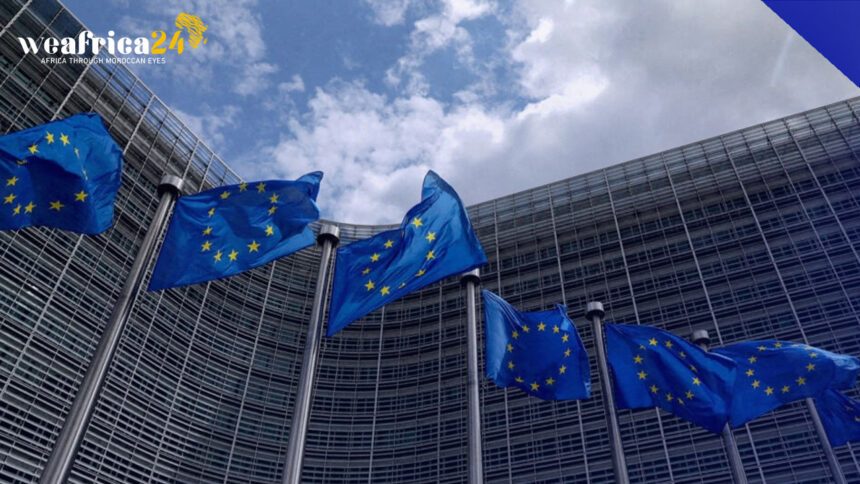A cooperation agreement on raw materials signed between Rwanda and the European Union (EU) on February 19, 2024, is drawing criticism in the Democratic Republic of Congo (DRC).
The DRC denounces the plundering of Congolese minerals by certain foreign countries, including Rwanda, for over 20 years. On the EU side, Brussels defends this agreement and recalls having repeatedly condemned the behavior of various actors in the face of armed groups in eastern DRC.
In the Democratic Republic of Congo (DRC), an agreement on raw materials cooperation signed between Rwanda and the European Union (EU) is causing concern, reports our correspondent in Goma, Coralie Pierret. Since its signing on February 19, 2024, there have been increasing objections to this memorandum, denouncing the plundering of Congolese minerals by certain foreign countries, including Rwanda, for over 20 years.
The Rwandan army, which is accused by several Western embassies and the UN of participating in the destabilization of eastern DRC and having troops on Congolese soil in support of the M23 rebels, is also implicated.
The Lucha movement opened the floodgates of declarations on February 21, 2024. In a letter, the citizen movement expresses outrage “at the unconditional support that the European Union provides to Rwanda.”
“The Rwandan subsoil is not rich in these materials”
Earlier this week, a European investment plan on raw materials was signed in Kigali. A similar agreement was concluded between the EU and the DRC last October. The objective is notably to “develop skills in the mining sector and improve transparency and traceability.” This includes tantalum and niobium, two metals otherwise known as coltan, which are strategic for the manufacture of modern technologies such as smartphones or computers.
However, according to Kinshasa, “the Rwandan subsoil is not rich in these materials,” as stated in a press release on February 21, “and obtains its minerals from the DRC.” The spokesperson for the Congolese government, Patrick Muyaya, points out on the social network X a contradiction between the signing of this agreement and the values of the European Union, particularly concerning the defense of human rights.
The Congolese Ministry of Foreign Affairs is also furious, through a press release dated February 21: “The government expects clarification from the European Union authorities regarding this ambiguous behavior, especially as they continuously affirm their willingness to contribute to the end of the security crisis in eastern Congo as well as the illegal exploitation of its natural resources.”
The 2018 Nobel Peace Prize laureate, Congolese Denis Mukwege, recalls that the conflict in eastern DRC is primarily economic and that the exploitation or illicit trade of minerals is recognized as a root cause of violence.







